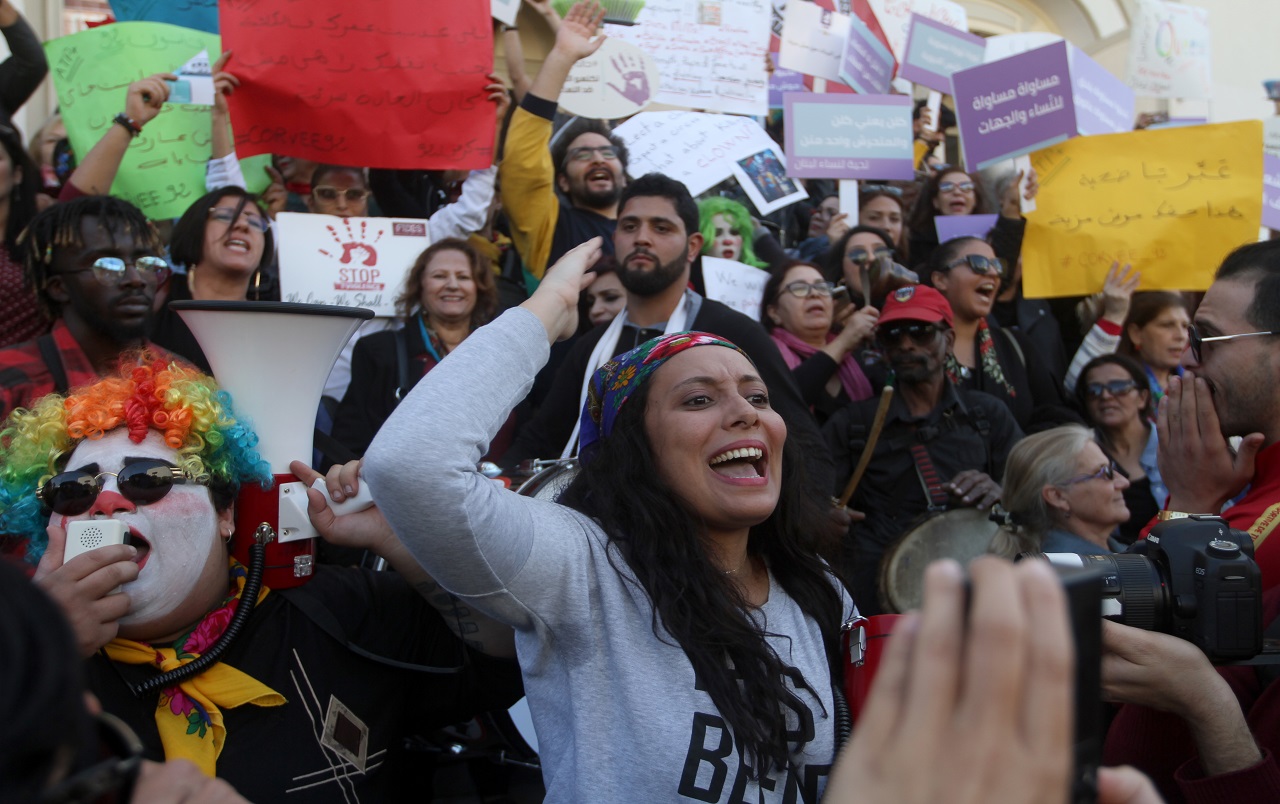Using digital technologies to amplify meaningful participation not only contributes to life online, but also to citizen engagement offline.
This article was originally published by the OECD Development Matters blog.
With an ongoing pandemic, war raging in Ukraine and the executive in Sri Lanka collapsing like a house of cards, people around the world may wonder: is my government prepared for multiple overlapping and future crises? What will happen to me if I cannot work and provide for my family?
Sadly, the pandemic has shown us that the communities and individuals that were most vulnerable before the ongoing crises are usually those who suffered its most dire consequences. In developing countries, those who were at a disadvantage in the labour market before the pandemic and other overlapping crises we face today were much more likely to lose their jobs. It disproportionally affected women, younger workers and less educated workers. Lack of trust has helped fuel the COVID-19 pandemic, further exposing the erosion of citizens’ confidence in government and the multilateral system across the globe. In 2021, only around 41% of citizens trusted their government, on average, across 22 OECD countries. Young people, as well as those with low levels of education and living on low income, reported lower levels of trust in government than other groups.
The first year of the pandemic saw a pause in popular protest, which was on the rise in 2019. Now civil unrest remains below pre-pandemic levels, but the lifting of pandemic-era restrictions and the continued cost-of-living squeeze might mean that protests may yet increase. We are learning that confidence can easily break and is difficult to rebuild.
Many national governments failed to ensure the uptake of virus control measures due to lack of trust. So, it was often local authorities on the front line that stepped in. In certain cases, national governments used the power of local actors and community interventions as a springboard for more effective and inclusive responses at larger scale. Think, for instance, about Thailand. An “army” of a million village health volunteers went from door to door to understand and respond to households’ specific needs. Or Bangladesh, where a “community masking” initiative, endorsed by community leaders such as imams, dramatically increased mask wearing in targeted villages. Additionally, across countries of all income levels, small, self-organised local organisations were quick to identify their communities’ needs. They provided and adapted solutions in the areas of health, food security, safety and education. In Peru, community kitchens served as first-responders. When food scarcity hit the majority of informal workers, these women-led initiatives were quick to answer.
Guaranteeing civic space for all
We have seen the importance of adaptability – and the freedom to adjust. And we have seen how human rights were disregarded and civic space shrunk in certain parts of the world during the pandemic. In some countries, citizens experienced a disproportionate use of force and criminal law to enforce quarantines. It affected informal workers without any social protection the worst.
It is important that the international community treats civic space not only as critical for democracy but also for all aspects of life, including responding to crises. Strengthening regional and international human rights bodies such as the Inter-American Court of Human Rights, the European Court of Human Rights and the African Court on Human and People’s Rights, boosts citizens’ capacity to work together creatively to respond to challenges that arise.
Cities also need broader recognition on the global stage, as trust-builders and solution providers. Metropolitan areas, home to some 70% of the world’s population, are important laboratories for democracy and grassroots action that can be translated on to the national and even global level. International platforms that enable cities and local actors to share experiences and have a say on global issues can help to promote new social contracts – the mutual dependencies and reciprocities between society and the state and the laws and norms that underpin these daily interactions. One such example is the C40 initiative, which gathers mayors from around the world to work on pivotal issues like climate change. The OECD’s Champion Mayors for Inclusive Growth initiative also provides mayors with a platform in the debate on inequality, elevating their voices in national debates and global agendas. Finally, peer exchange across intermediary cities also holds the potential to devise innovative inclusive forms of tackling climate change, as per the G20 Platform on SDGs Localisation and Intermediary cities (PLIC).
Facilitating trust-building
We have seen during the pandemic that trust is a pre-requisite for the acceptance of evolving science and public health measures. Health and pandemics are just one of the immediate global shared challenges. Increasing global challenges, such as climate change, interconnected water management and the ambition for a green transition, will require government innovation. It includes furthering of civic space in order to build trust and ensure successful outcomes of public policies. Rebuilding trust and a social contract adapted for the 21st century is vital to tackle global challenges like climate change.
To build more effective and accountable governments, every citizen’s voice needs to be heard – both by decentralising power and resources to local communities and through participation in government and multilateral decision-making. Learning from the experiences, ingenuity and innovation of citizens and different actors in different places is why we – Southern Voice and the OECD Development Centre – see great value in working together.


